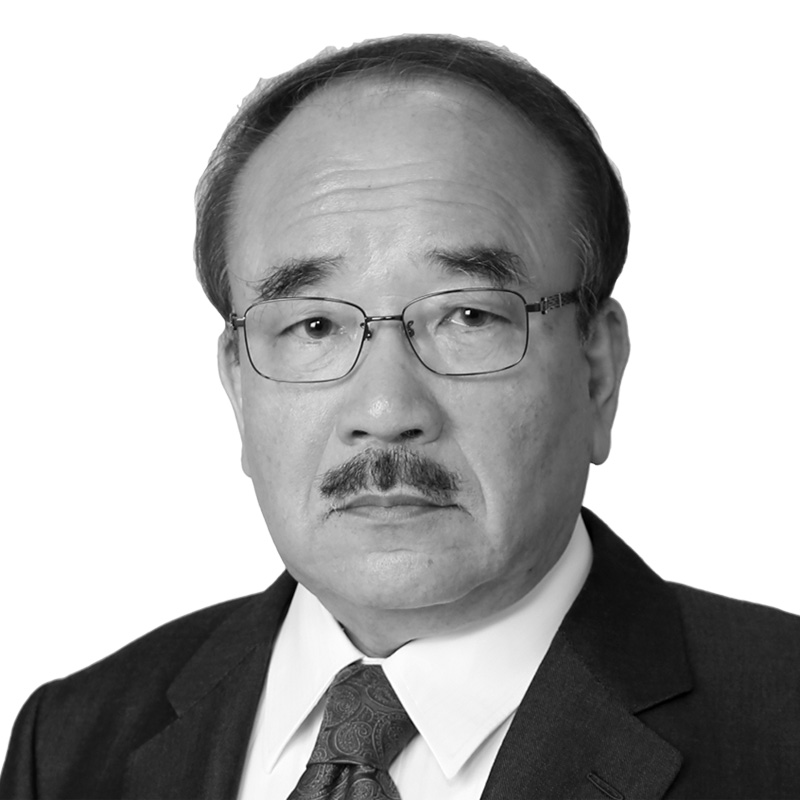
Meta
Takamitsu Sawa
Mar 31, 2003
Mar 3, 2003
Feb 11, 2003
Nov 12, 2002
Sep 30, 2002
Jul 8, 2002
Jun 10, 2002
May 13, 2002
Apr 8, 2002
Feb 4, 2002
Nov 13, 2001
Jul 10, 2001
Jun 4, 2001
May 8, 2001
Mar 13, 2001















